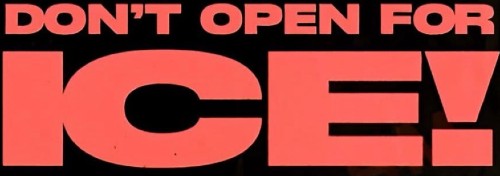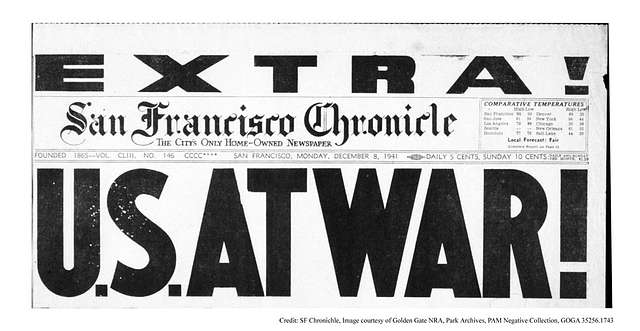
“John Marshall has made his decision” regarding relations between the Cherokee Nation and the United States, US president Andrew Jackson supposedly said of the US Supreme Court’s chief justice in 1832. “Now let him enforce it!”
That sentiment comes to mind when considering the Supreme Court’s June 27 decision in Free Speech Coalition v. Paxton. The court ruled that the government of Texas doesn’t run afoul of the First Amendment by requiring websites to verify users’ ages if those sites serve content the regime deems “harmful to minors.”
Even if the Jackson quote isn’t apocryphal, there are differences, of course.
One is that enforcement of Texas’s age verification law falls to Texas Attorney General Ken Paxton, not to chief justice John Roberts (or to associate justice Clarence Thomas, who wrote the majority opinion).
The other, bigger difference is that Jackson successfully defied Marshall — herding the Cherokee westward at gunpoint without further legal consequence — while Paxton stands virtually no chance of implementing his permission slip from the Roberts court to intrude on Texans’ Internet privacy.
The response of the porn industry to these state-based “age verification” laws breaks down into three types:
A few sites comply. They put up a web gate and require users from states with such laws to prove they’re over 18 by providing government-issued ID or submitting a face picture that lets AI estimate their ages.
Some other sites put up a different kind of web gate — they simply don’t allow users whose IP addresses seem to be located in states with “age verification” laws to see what’s behind the gate.
Those two responses probably cover 10% or so of “porn” sites, mainly the big operators who have a lot of money invested in their operations and don’t want legal trouble.
Most sites go a third way: They just ignore the Ken Paxtons of the world.
And, like Andrew Jackson versus Marshall, they can get away with it.
Their servers aren’t located in Texas, or possibly even in the United States. Maybe it’s possible to tell who operates those servers, maybe not. Anonymous website operators in Thailand probably don’t lie awake at night worrying about a Ken Paxton lawsuit.
Paxton might waste a bunch of taxpayer money creating a Chinese-style “Great Firewall of Texas” to stop Texans from viewing web content he doesn’t like … but Virtual Private Networks would get those Texans around that firewall. VPNs would also help those users convince sites that DO require age verification from Texans that they’re actually from the Netherlands, Japan, or Romania.
I’m a big fan of VPNs and other tools for circumventing government control of what we can access on the World Wide Web. I’m also old enough to remember the US government’s war on encryption in the 1990s. Short version for you youngsters: The government lost that war. Paxton and his co-belligerents will lose this one, too.
That’s a good thing. Government control over what we may or may not see and hear on the Internet is far too dangerous to allow.
Thomas L. Knapp (X: @thomaslknapp | Bluesky: @knappster.bsky.social | Mastodon: @knappster) is director and senior news analyst at the William Lloyd Garrison Center for Libertarian Advocacy Journalism (thegarrisoncenter.org). He lives and works in north central Florida.
PUBLICATION/CITATION HISTORY


